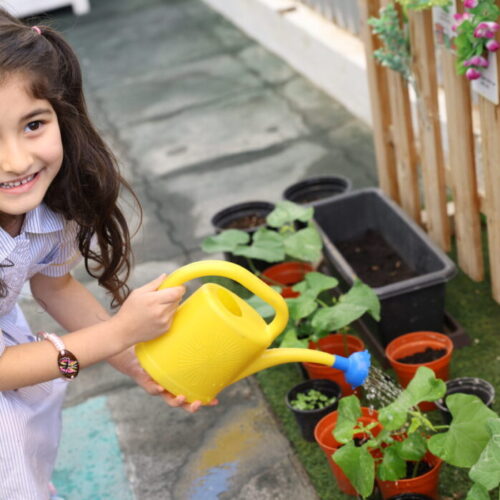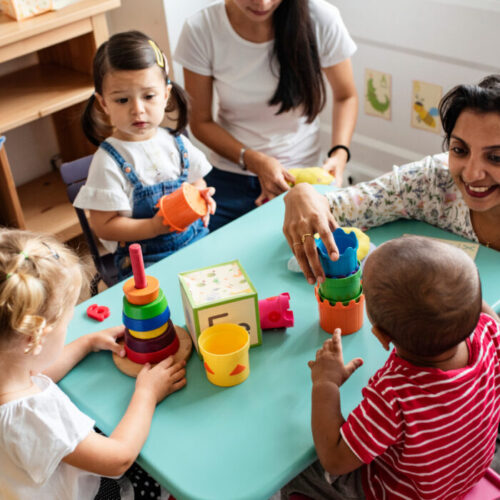Top tips to support your children during study leave
Sarah Warncken, Vice Principal, GEMS Wellington Academy – Al Khail outlines the best ways to support your children while they are on study leave.

The end of the academic year is a bittersweet time for teachers and parents alike. Together we celebrate the successes and mark the milestones of our students; it is always a time of immense reflection on what has come before and the next phases of the journey. For our most senior Year 11 and Year 13 students at GEMS Wellington Al Khail, it marks the end of their formal education journey with their GCSEs and A-level programme of study, and the beginning of an intense window of examination pressure. Just as parents bravely watch on as their children embark on the first solo bike ride without the stabilisers, so our teachers nervously wait in the wings of the exam hall to hear how it went!
At this point, the questions on the lips of both teachers and parents are ‘are they ready?’, and ‘have we done enough?’ At WEK, we plan from a child’s first day with us to make sure that the answer to both is a resounding, yes!
This year, our exam grade students have been on a journey of ‘learning how to learn.’ As a school, all of our teaching practice is underpinned by metacognitive strategies; not only do we know how learners best learn, but our students themselves know how they learn and therefore, revise effectively. Conversely, and arguably more importantly, they know what not to do, what doesn’t work for them and what is a waste of time when it comes to revising.
Involving our parent community in this learning has been integral, and our parent workshops have centred on teaching parents how learning happens and as such, what effective revision strategies might look like at home.
When it comes to helping at home, we believe these three, rooted in research findings are the most important to keep in mind as a parent:
- Forgetting is your friend: To build synapses in the brain and forge strong connections with taught knowledge, students need to be allowed to forget, re-visit and remember information. The more students repeat this process during revision, the more likely they will be to remember it in the exam. So, when your teen looks deflated and downbeat at not remembering a key concept, celebrate! This is part of the learning. Encourage them to go and find the answer and revisit it often with them.
- Start early: Revision, little and often from an early stage gives the brain time to build strong memories of what has been taught. Cramming does not work. It overloads the working memory and leads to external signs of overload in the child. A stressed brain is not working at its optimum in the exam!
- Talk it: We learn to talk before we learn to read and write. Teaching or telling someone else what we know is one of the best ways to consolidate our learning. All you need is a willing ear and to ask questions. The more they are talking about what they know, the more they actually do know, and the more they will remember what they know! You don’t need to have all the answers as a parent, just encouraging your child to revise aloud with you will go great lengths in securing the knowledge ahead of the written exams.
We do know that the parent-school partnership is one of the most powerful factors in a child’s attainment, and so any, and all, help at home with the revision process, will have an impact. Re-framing mindset around exams with our children at home also goes a long way to supporting a student’s effort. Exams are a time for your child to shine, a time to be proud of how much has been learned and how much progress has been made. Above all, irrespective of an exam outcome, it is important to recognise the significance of the journey and gains your child has made along the way.











Comments